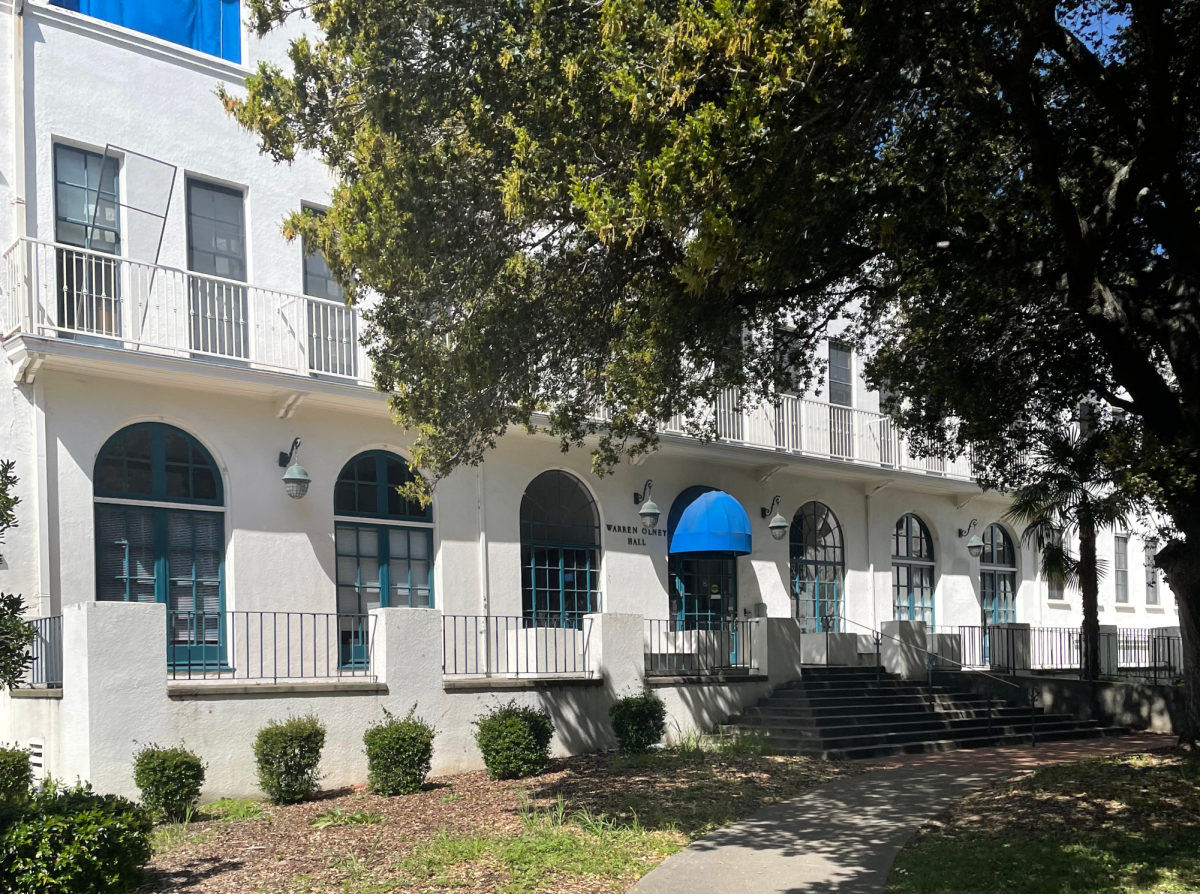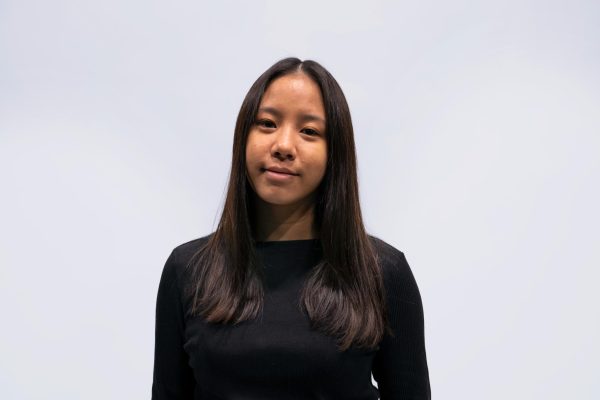As a third-year university student, I am very lucky to enjoy the luxury and benefits that a Northeastern education provides. In my first-year of college, I was admitted despite having no familial ties to this institution, yet the same cannot be said in the Oakland and Silicon Valley campuses, where Northeastern continues to practice legacy admissions despite a state ban.
As of fall 2022, 42% of private institutions consider legacy status as a factor of admission to a university. What people often don’t know is that legacy policies were originally implemented in the 1920s to strategically limit the number of Jewish immigrants admitted to historically Protestant institutions, including the Ivy Leagues.
Should birth into a particular family truly be a determining factor for a student’s likelihood of admission into higher education? I think not.
The legacy policy refers to a boost in an applicant’s odds of admission, simply because they are related to certain alumni who attended that institution. I believe this policy is outdated and should be abolished as it creates an unfair advantage for already privileged individuals whose parents have likely obtained a college degree and can financially provide for themselves. Even so, this policy has been shown to lower the chances of admission for people of varying race and socioeconomic status. Ideally, an applicant should be assessed based on criteria including their academic standing, merit and individuality. However, legacy admissions may result in disparities and failure to foster a diverse and equitable educational environment.
Black and Latino communities have argued that this policy is no different from racial discrimination. A complaint filed against Harvard University just days after the Supreme Court’s 6-3 ruling against affirmative action in June 2023 alleged that legacy admissions also violated the law by favoring white applicants as 70% of donor-related and legacy applicants were white. I believe, that universities choosing students based on their legacy status violates Title VI of the Civil Rights Act, which prohibits racial discrimination in institutions that receive federal funding.
In his majority opinion ruling against the constitutionality of affirmative action, Chief Justice John Roberts said that Harvard and other institutions still “pick winners and losers based on the color of their skin.”
Racist beginnings are at the heart of the longstanding tradition of legacy admissions. In the early 1900s, the “Big Three” Ivy League schools — Harvard, Yale and Princeton — grew alarmed at the influx of Jewish immigrants, as there were two to three Jewish students among every 10 first-years admitted into these colleges. In turn, an admission system was created to “admit the dull sons of major donors and to exclude the brilliant but unpolished children of immigrants,” said University of California Berkeley professor Jerome Karabel.
Known as the legacy policy, remnants of this admission system still exist in the modern day, the effects of which classify white Americans as the “dominant group” and ethnic minorities as less than.
This is morally wrong; the essence of an individual and the multidimensional qualities they contribute have nothing to do with their racial background.
Besides racial background, students of lower socioeconomic status are also disadvantaged by the policy. Studies have shown that applicants from the richest 1% of households are 50% more likely to get into “Ivy Plus” schools including Harvard, Duke and MIT than non-legacy applicants from the bottom 95% income bracket.
While it’s a popular belief that you can create an excellent future for yourself regardless of the college you attend, to some extent, a higher-ranking institution still impacts career success. With the legacy policy implemented, low-income students are potentially excluded from a wider range of resources or career opportunities only provided by top-tier schools. These students will likely end up in community colleges with a greater likelihood of dropping out — around a 40% graduation rate within six years.
Despite the negative implications surrounding legacies, people argue that the legacy policy is beneficial, as it increases the likelihood of donations made to the institution from the alumni network. Even so, greater wealth does not always directly contribute to schoolwide improvements that are palpable to students.
In a perfect world, all colleges would utilize these funds to award grants, provide support for particular groups or purchase amenities — but this is not always the case. Sometimes universities are given much less freedom in allocating these external funds to areas that truly need it. Among the 1,100 alumni in colleges across the United States surveyed in 2022, a quarter had donated less than $100, and only 3% of one-time donations exceeded $10,000.
While this remains an ongoing issue, there is light at the end of the tunnel as an increasing number of states target legacy admissions. On Sept. 30, 2024, California Governor Gavin Newsom signed a bill that bans private institutions from giving preference to legacy and donor students in the admissions process in California. This spring, Virginia also barred legacy admissions at public colleges and lawmakers in four other states have introduced bills to ban legacy admissions.
Ultimately, an increasingly diverse student body would enable individuals to utilize their unique gifts to benefit their respective colleges. In addition, a school can also receive donations and non-fiscal advantages by choosing students who have individual merit.
I hope others around the United States will gradually follow suit in eliminating the legacy policy so that the American Dream is open to individuals of all backgrounds.
Mikayla Tsai is a third-year behavioral neuroscience major and columnist for The News. She can be reached at tsai.mik@northeastern.edu.
The Huntington News is dedicated to serving the Northeastern University community with original, professional reporting and creating an environment in which student journalists can learn from one another. Support an independent, free press at Northeastern University with your donation today.

















